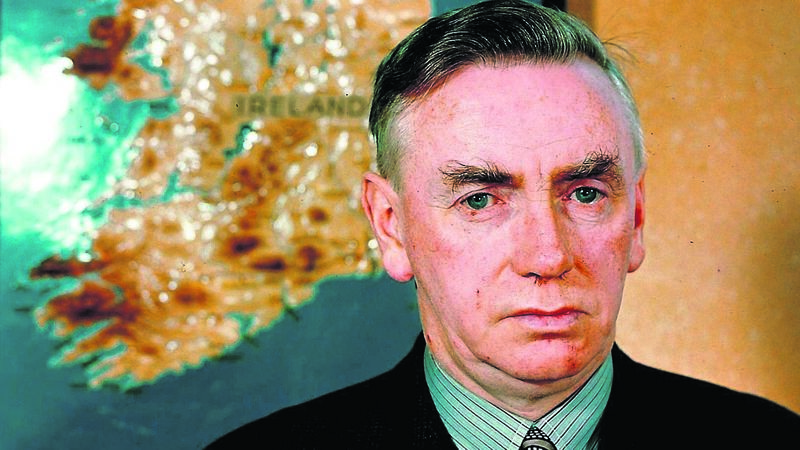Book Review: An overview of Fine Gael's relationship with the status quo

John A. Costello, former Taoiseach: 'A poodle of the Catholic hierarchy.'
- Saving the State: Fine Gael from Collins to Varadkar
- Stephen Collins and Ciara Meehan
- Gill Books, €24.99




